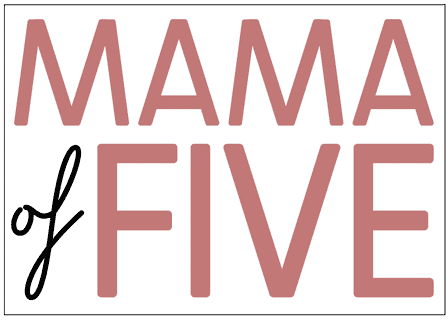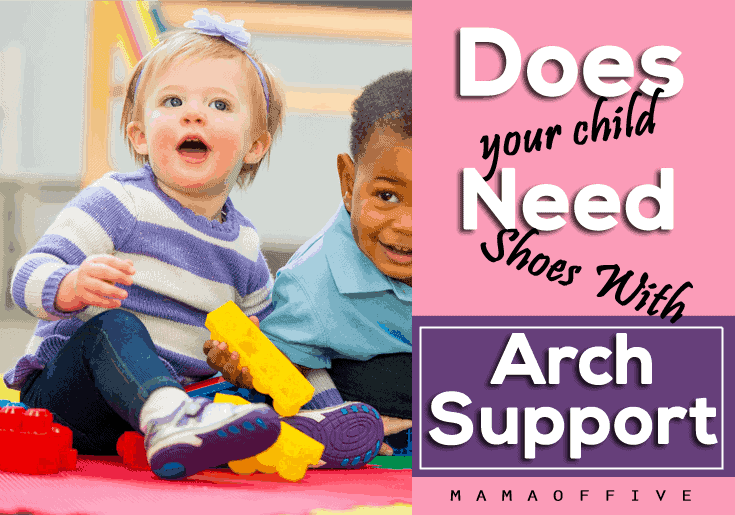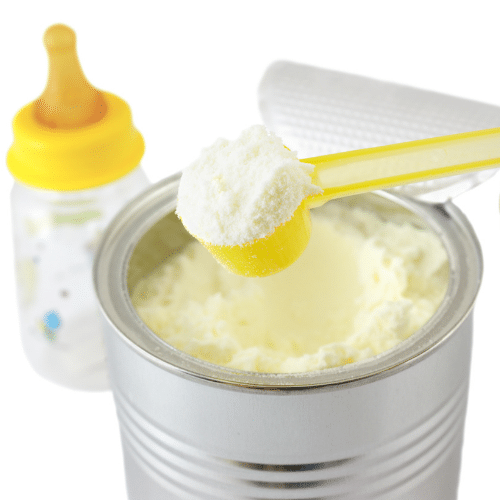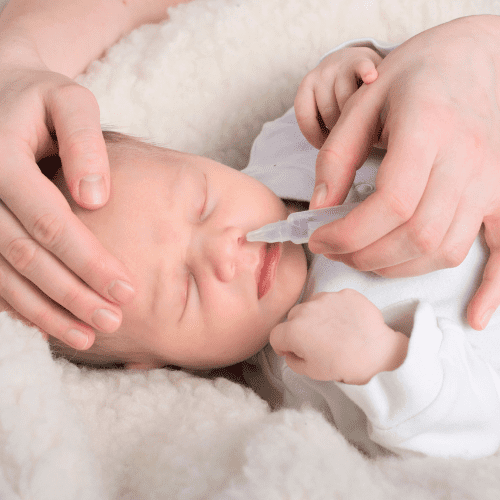Is chewing for babies acceptable? Notice when your baby is chewing because they’re discovering the world and their surroundings and when it becomes a cause for concern.
Chewing is actually needed for development, especially when it comes to brain function and learning the skills needed to eat solid foods successfully. There are so many areas to cover with regard to chewing in the early stages, especially when your baby has nothing in their mouth.
Chewing, it’s what we do to make sure our foods are digested properly. As adults, this comes naturally, it’s something we do every day without thinking.
For babies, it’s a whole new world and chewing is one of the things they’re discovering. They’re having new experiences and learning each day.
The process we have come to understand as a way of breaking down our food is unknown to a baby. Whether newborn or age 6 months it’s important to recognise your baby’s habits, the reasons why they’re chewing and when it becomes a cause for concern.
With so many areas to discuss, the main focus here is learning what chewing means when your baby has nothing in their mouth and is it something to worry about, or is it an essential part of development.
As an Amazon Associate, I earn from qualifying purchases. The links below may be affiliate links. Please read my disclosure policy for more information.
Benefits of chewing
- It helps to develop muscles, more specifically the muscles in the jaw, tongue and teeth. These have to be developed and strengthened in order to successfully chew food and eventually be able to eat and process those foods.
- It’s a baby’s language, a way of developing their speech skills and communicating. Whether it’s to tell you they’re hungry, bored or need something.
- The muscles that are used when chewing can be a deterrent to the need for dental treatment in the future (teeth out of alignment, braces). In this case, the more chewing the better.
- It’s an essential part of the teething process and chewing is usually present in the early stages of teething.
- The more your baby chews, the more saliva they produce and saliva assists in killing bacteria. This can be very beneficial for your baby.
- The more they chew, the better they’re able to learn how to break up their food for when they get to the solid food stage. Learning how to chew properly can prevent your baby from having indigestion.
- It can assist with brain development.
- The chewing motion can also help to relieve stress, essentially this could be a way for your baby to soothe themselves.

Reasons your baby is chewing on nothing
From newborns onwards, babies are learning how to communicate with their parents and sometimes chewing is a way for them to communicate their needs.
Hunger
The most obvious reason your baby could be chewing is simply that they’re hungry. Signs to look out for include; opening their mouth, trying to make noises and most obvious, chewing.
They could be in the starting phases of teething.
Silent reflux
Reflux can happen when your baby hasn’t digested something properly and the food or liquid comes back up into their mouths, it mainly occurs in newborns.
Silent reflux however happens when there’s nothing to come up and a sign of that is your baby looks like they’re chewing on air.
Boredom
Babies and children in general have a short attention span. They get bored very easily and need to be stimulated, not just for growth and development but also to be kept entertained.
Chewing can be a way of coping with this boredom.
Exploring
They’re still in the exploring stage of being a baby. Everything is new and exciting for them, they’re constantly learning and developing.
They’re developing their senses, mostly taste, touch, and smell. Chewing helps them to discover these.
Should babies be given chew toys?
Chewing toys can help as they provide some sort of comfort for your baby and it’s a good distraction if they’re bored.
It is important to note here that not all toys are safe for chewing, and there are certain things to look out for when choosing the correct toy for your baby.
Chew toys are a way of creating a new habit so instead of chewing on nothing or chewing on their gums and mouths, they’re less likely to fall into the pattern of chewing for no reason and potentially hurting themselves.
A few questions to ask yourself before purchasing a chew toy could be:
- Are the materials of the toy approved for chewing?
- What are the materials? Soft, hard, textured, etc.
- Can it break easily?
- Could parts of the toy come loose or end up being digested?
- Where has the item come from? (store-bought or passed on)
- Is it washable?
- Can it be put in the fridge?
Ways to reduce chewing
Notice the difference between hunger and boredom
Signs of hunger, as mentioned above in ‘reasons why your baby is chewing’, can consist of them seeming agitated, opening their mouths, or sucking on their fingers.
Boredom on the other hand can cause babies to cry, become restless, look around constantly, or they may even oversleep.
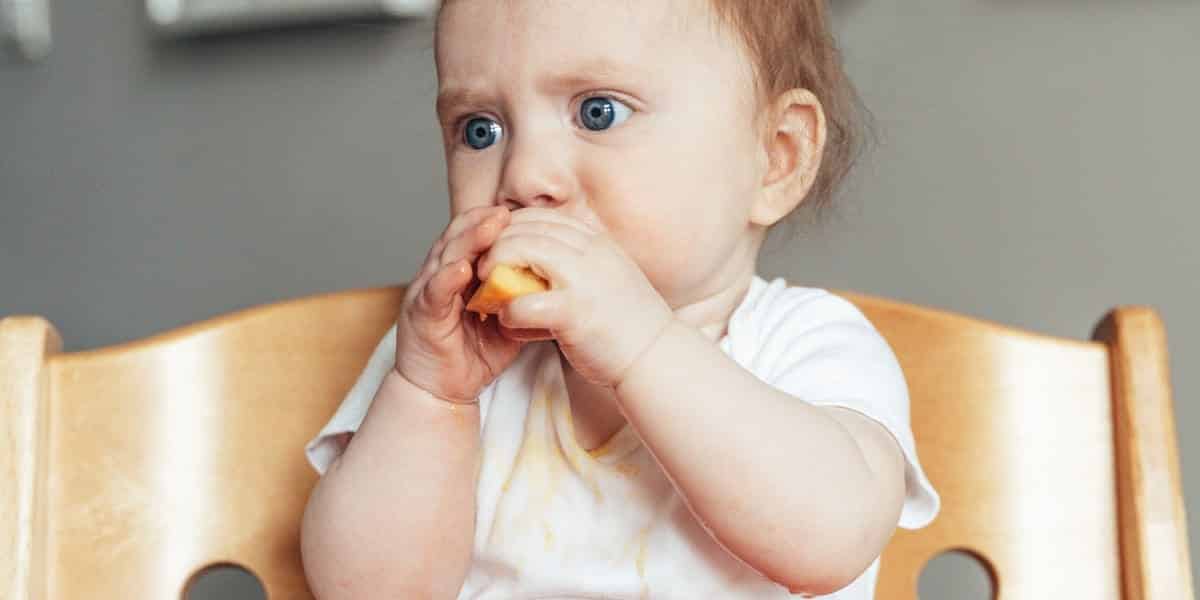
Start introducing solid foods (age 6 months+)
If your baby is constantly chewing nothing, it could be a good time to start introducing solid foods and see if they’re ready for that next stage in their eating habits.
Distract them
You can do this by giving them teething/chewing toys (mentioned above), or generally by keeping them entertained.
Have a consistent sleeping and eating pattern
This way they recognise and learn when to expect to be fed and when to be ready for a nap/sleep.
When to see a doctor?
In rare cases, chewing can cause harm to your baby so it’s important to recognise when there’s a cause for concern.
- If the chewing habit is going on for longer than expected or it starts to affect their development
- If your baby’s breathing is affected.
- Pain or discomfort because of excessive chewing. As mentioned previously, chewing can sometimes lead to painful gums or areas in the mouth, which is why it’s always a good idea to keep an eye on their chewing habits and lookout for changes.
Conclusion
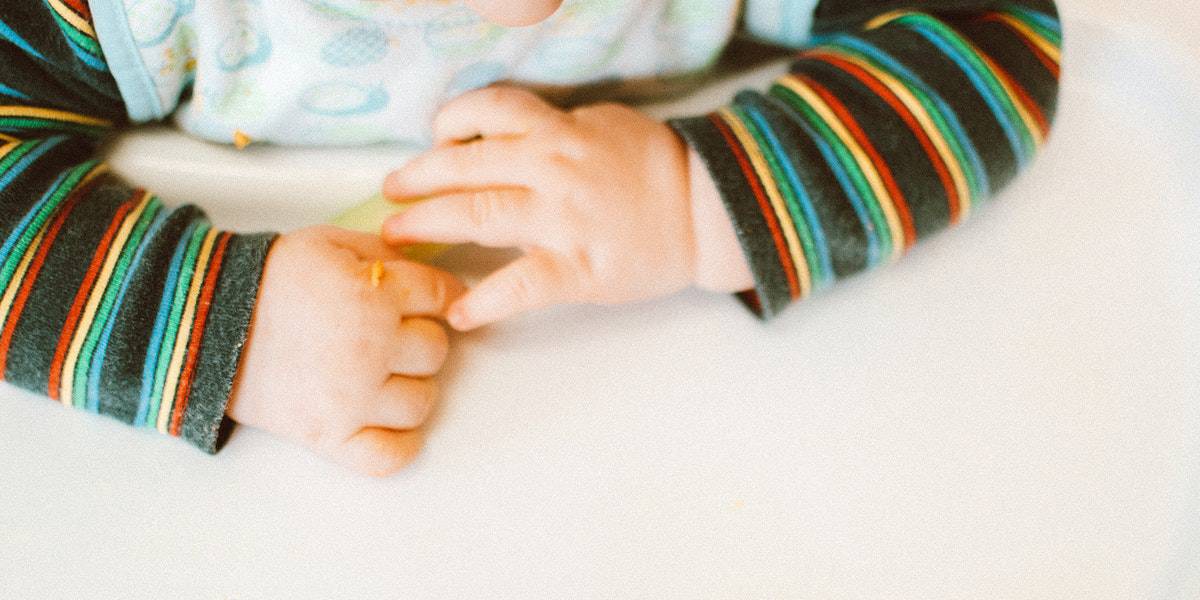
Overall it’s clear that chewing for babies is completely normal. Whether they’re chewing with their mouths empty or chewing on toys.
There are many reasons why babies chew, some of those are; the beginning stages of teething, hunger, lack of routine and even boredom. Newborns and babies up to the ages of 12 months are still learning and discovering their surroundings.
They’re excited and interested in everything, and one way to establish a connection between the unknown and what they’re aware of is chewing.
It’s clear when looking at the benefits, that chewing is part of a baby’s development. Their brain development, learning new skills and it’s also a way for them to communicate.
Chewing can assist in developing the skills needed for your baby to learn how to taste, touch, and smell.
Most of the reasons why babies chew are harmless, but it’s always good to be aware of their habits and to know if/when it becomes an issue.
Issues can include excessive chewing, discomfort, and when their breathing becomes affected.
As a disclaimer, it’s always advised for you to contact a doctor or seek professional medical advice if concerned or worried about your baby’s chewing habits or for any other reason.
Every baby is different and they all develop at different stages, as the parent you know your baby best so if there’s something you’re unsure of contact a medical professional.
